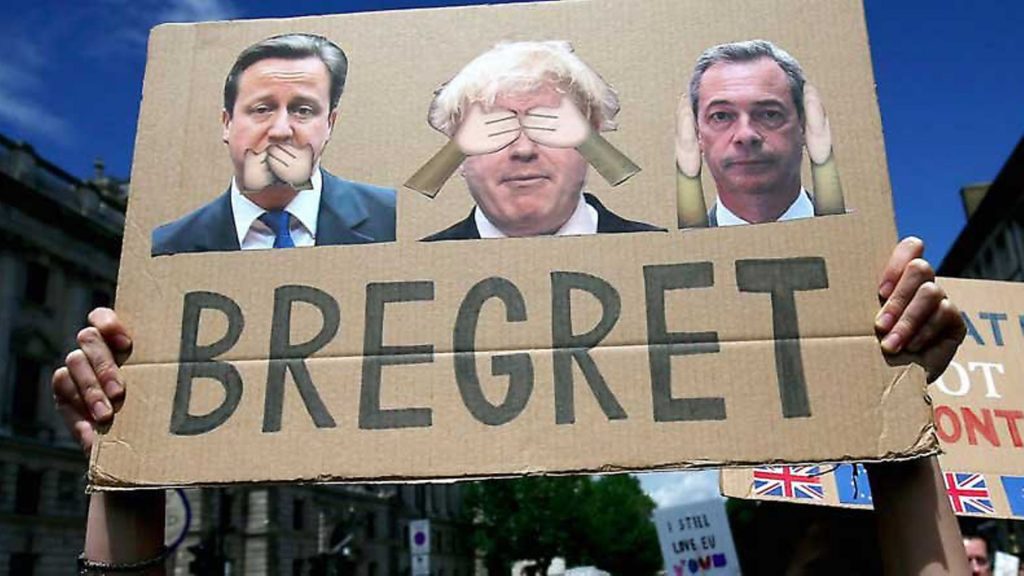The story of the pandemic was largely one of the nation’s – and much of the world’s – young making sacrifices to protect the old.
For most people under 50, coronavirus presented a very low risk of hospitalisation or death – many in this age group who caught the virus did not even experience symptoms. But despite that, they willingly endured lockdowns, furlough and other restrictions that often put their life on hold.
This was done to protect older adults, for whom the virus was far likelier to prove deadly. Britain’s millennials and Gen Zers did it largely uncomplainingly, with polls often showing higher levels of support for lockdowns and other restrictions among younger adults than older ones. Given the opportunity, the young displayed the altruistic traits their elders often accuse them of lacking.
But if they had any expectation of gratitude, either in spirit or in deed, the government has swiftly disabused them of such notions. In the UK, gratitude is a one-way street.
The government seems dead set on a multi-fronted war on the young (and not-so-young but not yet middle-aged), often in a bid to benefit the older adults that make up its core vote. Perhaps the least serious but most annoying aspect of this is the constant ‘war on woke’ rhetoric that peppered the Conservative Party conference and which comes up every three sentences when a minister opens their mouth.
The very idea of ‘wokeism’ serves simply to dismiss any political idea that comes out of the mouth of someone under 40.
Want to talk about how disabled people are excluded from public life? Woke. Dare to mention structural racism? Woke. A discussion about ending conversion therapy or supporting trans rights? Dangerously woke, and must be stopped.
If an irritating (and sometimes damaging) war of words was all the government was doing that would be one thing – but that’s just the start. The UK is at the beginning of what will become over the winter a cost of living crisis: soaring gas prices will affect the cost of heating our homes, while the prices of food and other essential household goods shoot up.
Just as this crisis is set to hit, the government has taken £20 a week from millions, the majority of them in working households at or close to the breadline – including numerous young parents.
Making this worse is ministers’ false and dismissive response to people spelling out what this reduction would mean to them – sometimes the choice between heating their home or buying a weekly shop – by suggesting people can simply work an extra hour or two and make up the lost income.

Any minister appearing to talk on this issue should know this is simply not true. Even assuming someone was able to work additional hours and had childcare available to do so, the government claws back universal credit at an aggressive rate from anyone doing additional work.
The result of this, plus income tax and national insurance, is that many people would have to work an extra nine hours a week – an entire extra working day – just to make up that £20 in take-home pay. It’s just as well the Tories don’t talk about “hard-working families” as much as they used to, given how much harder they are demanding they work.
That’s only part of a triple-whammy against younger voters. The government will next year raise national insurance, ostensibly as part of a bid to ‘fix’ social care (in reality it is at most a sticking plaster on a gaping wound). This is a new tax on the young – NI is not paid by workers over retirement age – to fund a service predominantly used by the old.
Plans floated in the media ahead of the next budget reveal further punishment may lie in store for younger voters: the government is mulling raising some money by reducing the income level at which people start repaying their graduate loans, potentially to £20,000.
This is a particularly nasty and cynical move that specifically punishes people for whom the gamble of paying for university education has not particularly paid off.
The figure of £20,000 is below the UK’s average wage, but under the government plans someone earning this amount with a degree would pay 20% income tax on their salary, plus 9% towards their tuition loan, plus 13.25% national insurance – a total marginal tax rate of 42.25%.
The government is determined to convince the public that the nation is getting a pay rise, buoyed by headlines about the growing wage packets of HGV drivers in particular. The reality, according to the ONS, is that salaries are growing less than inflation – meaning most of us actually have less money than we did a year ago, in real terms.

This is particularly true for public sector workers who have endured a decade of capped pay rises, usually below inflation – a number that includes many young graduates. Most skilled occupations favoured by the young have seen no pay rise, and those workers will now have hiked costs and more taxes.
Older adults are wealthier than younger ones and far more likely to own their home – and thus have stability that way too. For many younger adults, their only hope of wealth is eventual inheritance, a move that will cement the current intergenerational unfairness for decades longer.
The government has decided, unilaterally, to f**k the young. There seems to be no sensible motivation to it beyond simple malice: people like to point out older adults vote Conservative and younger adults don’t, which is true, but makes for poor long-term political strategy. Younger voters get older and older voters die – and parties that cannot attract new voters do not last.
The government seems to have decided that baby boomers don’t care about the well-being of their children, nieces and nephews – and polling suggests they might be right. It will not end well for anyone concerned.




